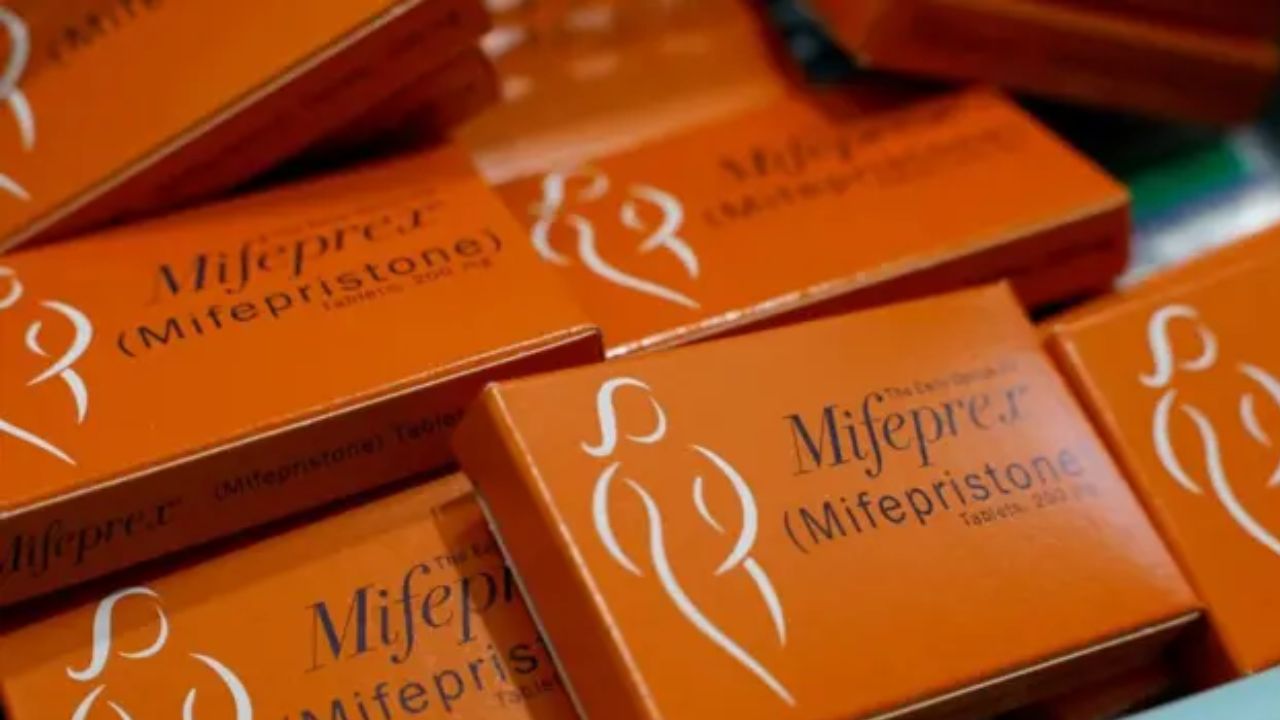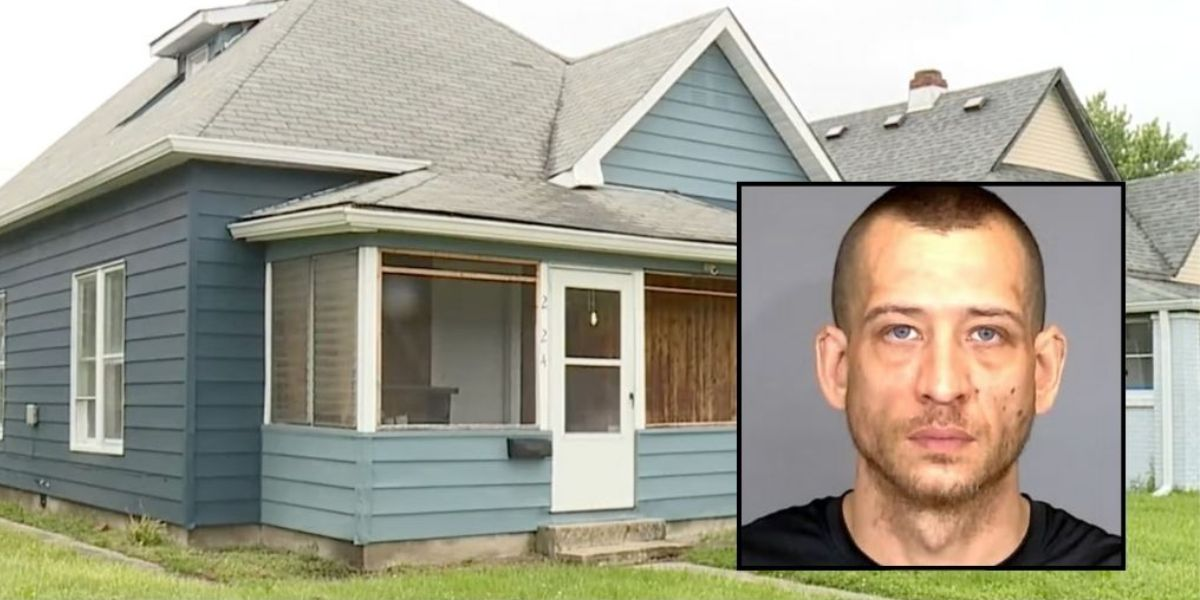Baton Rouge, LA – In a significant escalation of the national clash over abortion rights, Louisiana has issued a rare criminal arrest warrant for a California-based doctor accused of mailing abortion pills to a patient in the state. This move highlights the intensifying legal confrontation between conservative states enforcing abortion bans and liberal states supporting access through telehealth services.
The case represents a notable development following the 2022 overturn of Roe v. Wade by the U.S. Supreme Court, which empowered states like Louisiana to enforce strict abortion restrictions. Since then, abortion access via medication has surged, driven largely by telehealth and mail delivery, despite prohibitive laws.
A Louisiana Woman’s Allegations Spotlight Abortion Pill Controversy
According to court documents filed on September 19, 2023, Louisiana authorities allege that Dr. Remy Coeytaux, a California physician, illegally provided abortion pills to a Louisiana resident named Rosalie Markezich. Markezich’s filing claims that her then-boyfriend used her email to order the pills and transferred $150 to Dr. Coeytaux, while she had no direct contact with the doctor.
Markezich asserts that she was coerced into taking the medication and described ongoing trauma from the experience, stating the ordeal “still haunts me.” Her case underscores concerns voiced by anti-abortion groups that prescribing abortion pills remotely may enable coercion.
“Rosalie is bravely representing many women who are victimized by the illegal, immoral, and unethical conduct of these drug dealers,” said Louisiana Attorney General Liz Murrill.
Both Markezich and the state attorney general seek to participate in a lawsuit aiming to bar telehealth prescriptions for mifepristone, one of the primary drugs used in medication abortions.
Legal Challenges: Criminal Charges and Cross-State Lawsuits
While specific charges against Dr. Coeytaux have not been disclosed, Louisiana law prohibits abortions at all pregnancy stages, with violators facing penalties of up to 15 years imprisonment and fines reaching $200,000. Dr. Coeytaux is also involved in a federal civil lawsuit filed in Texas, where a man alleges the doctor unlawfully provided abortion pills to his girlfriend.
This situation parallels ongoing legal battles involving other doctors like Dr. Margaret Carpenter of New York, with authorities refusing extradition amid protections offered by state shield laws. New York and California are among eight states that protect providers who prescribe abortion medications to patients residing in states with restrictive laws, according to the Guttmacher Institute.
Additional case details include an incident where a pregnant minor’s mother allegedly ordered abortion pills online and coerced her daughter to take them, which has led to the mother’s arrest and pending trial in Louisiana.
Expanding Nationwide Fight Over Telehealth Abortion Pills
The arrest warrant comes amid broader efforts by Louisiana, Florida, and Texas to join a lawsuit initiated last year by Republican attorneys general from Idaho, Kansas, and Missouri. The lawsuit seeks to rescind federal approvals for mifepristone.
- Louisiana’s new law empowers patients to sue abortion providers.
- Texas law goes further, allowing any individual to sue those prescribing abortion pills within the state.
- Both states are ramping up enforcement against out-of-state abortion pill providers.
Federal officials, including Health Secretary Robert F. Kennedy Jr. and FDA Commissioner Marty Makary, have announced ongoing comprehensive reviews of mifepristone’s safety and efficacy as medication abortion remains available in the U.S. since its FDA approval in 2000.
Read Also: Mississippi Man Dies in Jail After Two DUI Arrests Within a Month
For more details on the growing legal disputes surrounding telehealth abortion pills, visit the original report at NBC News.
What Does This Mean for Patients and Providers?
The arrest of a California doctor by Louisiana authorities signals a new chapter in the legal hurdles faced by patients and medical providers offering medication abortions across state lines. It raises urgent questions about:
- The safety and legality of telehealth abortion services.
- Potential risks of criminal prosecution for doctors serving patients remotely.
- The impact on abortion access for vulnerable populations in restrictive states.
“The expanding legal crackdown threatens to drive abortion care underground and complicate the lives of both patients and healthcare providers,” legal experts warn.
As the debate over abortion pills continues to intensify, stakeholders on all sides are closely watching these unfolding legal battles.
What do you think about this development? Have you or someone you know accessed abortion care via telehealth? Share your thoughts in the comments below!


 by
by 

